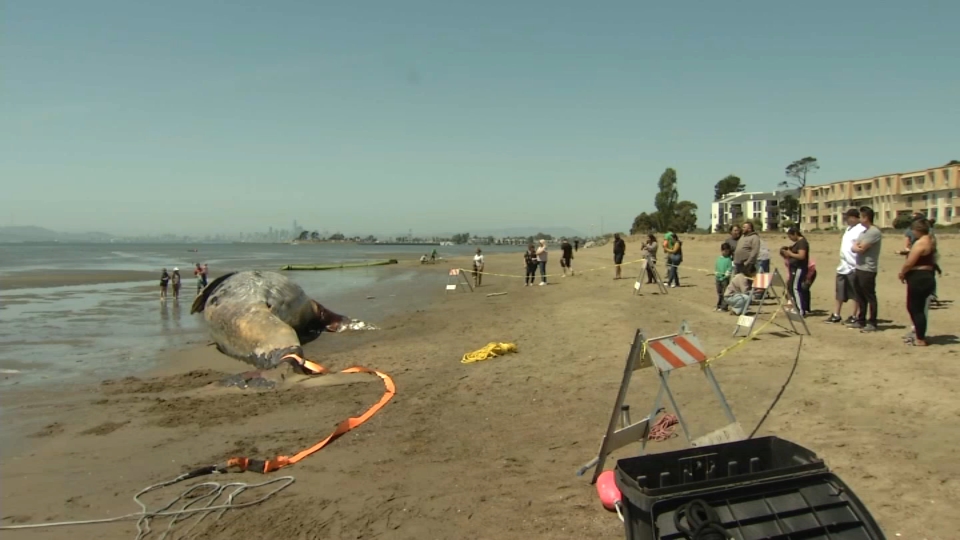Ever wondered what would happen if Twitter's millions of chatty users zipped their virtual lips?
An unexpected silence settled over the Internet this morning as Twitter went down, the victim, the company said, of a denial-of-service attack. The site stopped working around 6 a.m. Pacific time on Thursday. The San Francisco-based company has restored service but is still battling the attack.
Whoever they are, these hackers have managed a feat even Iran's censorious mullahs couldn't pull off during that country's contested elections: shutting up Twitter.
Denial-of-service attacks consist of a flood of concentrated traffic directed at a website's servers. They are frustratingly hard to detect and defend against, since the excess traffic is hard to distinguish from a high volume of ordinary users' Web requests.
Often, hackers use networks of computers infected by viruses which allow them to take remote control and employ them in attacks. These are known as "distributed" denial-of-service attacks, which add a level of complexity for defenders. It's not clear if the assault on Twitter this morning was distributed in nature or came from a single source.
Earlier this week, Gawker Media, which owns the eponymous media commentary blog and other sites, was also attacked. In a blog post, Gawker said Tuesday it was attacked by "dastardly hackers," leading to server problems that caused network-wide outages Sunday and Monday. It was not immediately clear whether those attacks were related to Twitter's.
Facebook also seemed to be experiencing problems, at least intermittently. On Thursday evening, Max Kelly, chief security officer at Facebook, told CNET News a pro-Georgian blogger with accounts on Twitter, Facebook, LiveJournal and Google's Blogger and YouTube was the target of the attack.
Local
"It was a simultaneous attack across a number of properties targeting him to keep his voice from being heard," Kelly said. "We're actively investigating the source of the attacks and we hope to be able to find out the individuals involved in the back end and to take action against them if we can."
We may be waiting a long time: Given the nature of denial-of-service attacks, it may prove impossible to track down the people who have something against people chattering away on Facebook and Twitter.



